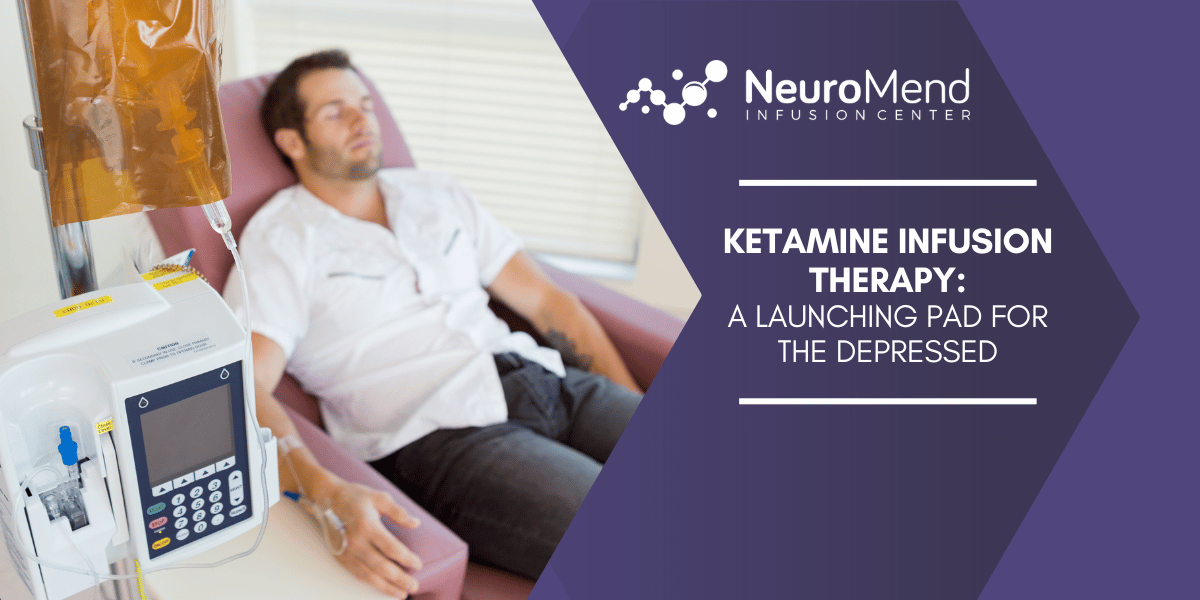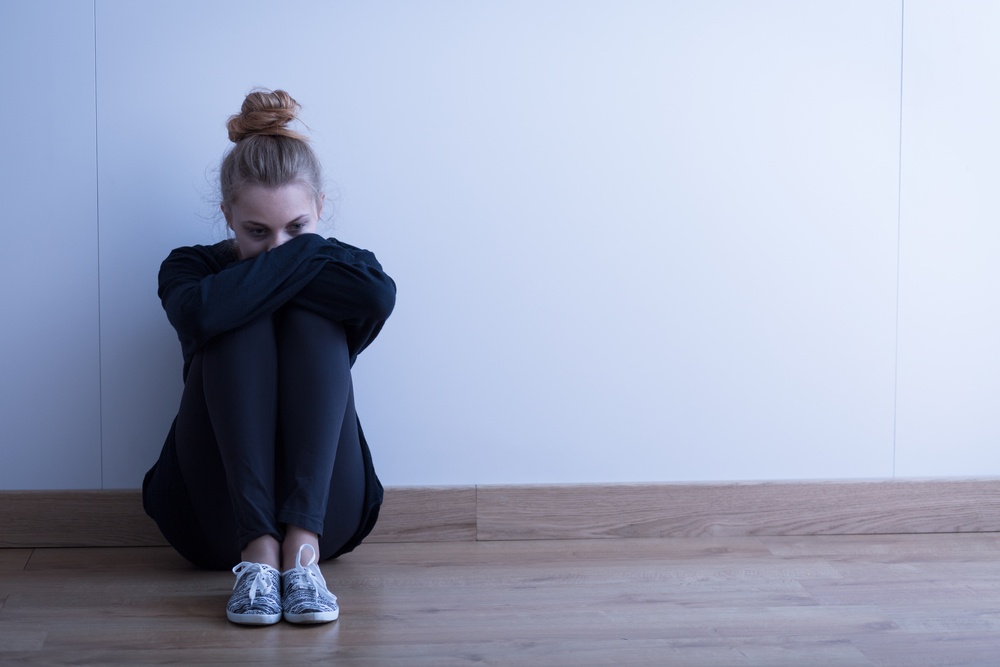Laughing Until We Couldn't...or Could...Breathe
In 2010, following my father’s cancer diagnosis, I accompanied him to MD Anderson for one of his two-day appointments. Interested in the ancillary services they offer to patients and their families, I looked at the Integrative Medicine department’s events calendar when we arrived. Ten o’clock a.m.: Laughing Yoga. How could we pass that up!? My dad reluctantly agreed to participate.

Cancer patients and family members sat in chairs arranged in a large circle, while the yoga teacher, a chaplain, led us through a brief meditation on the power of laughter followed by laughing exercises. Initially, there was an air of discomfort in the room, as it was obvious most people there were unsure about how this class would flow and probably just anxious, in general. What began with us vocalizing sounds of laughter (imagine “Ha Hee Ho Hum, Ha Hee Ho Hum…”) progressed into physically moving around the room, engaging in eye contact with each other & genuinely laughing, until the laughter was uncontrollable. The room was filled with people who, otherwise under tremendous amounts of stress, were howling with laughter and wiping tears from our cheeks. It reminds me of a line from one of my favorite Joni Mitchell tunes – “…laughing and crying, you know it’s the same release.” That experience is etched in my memory as one of my favorite days with my dad to date. Laughing when life is good is one thing, but laughing during tough times, especially when serious illness is at play, feels much more meaningful. With so many unknowns keeping us awake at night, we used our breath and moved our bodies to detach from the fear and experience joy in the present.
Yoga as a Therapeutic Application
While that Laughing Yoga class was quite different from anything I’ve practiced in Hatha, Ashtanga, yin, restorative, or power yoga classes, the benefits of focused breath and movement were there. I experienced firsthand how a therapeutic application of yoga, tailored to a specific state or condition (in this instance, for cancer patients and their caregivers), could create anxiety reduction, stress relief, and improved moods. Fast forward to my days as a hospice social worker and the opportunities I had to teach patients and anxious caregivers breathing techniques to calm fears and quiet minds. I repeatedly witnessed the same outcome – reduced anxiety and stress relief.
Yoga Research
The benefits of yoga are vast and range from greater strength and flexibility to reduced anxiety and improved heart rate variability (HRV). Practicing yoga when life is going smoothly can improve your health, and practicing yoga in times of dis-ease, especially when appropriate therapeutic applications are made, can be highly effective and even transformative. Growing research supports the efficacy of the yoga in reducing depressive symptoms. Check out this American Psychological Association press release, describing the recent yoga research presented at the 125th Annual Convention of the American Psychological Association: http://www.apa.org/news/press/releases/2017/08/yoga-depression.aspx.
Yoga Therapy
Yoga therapy is the application of specific yogic techniques and practices to systematically address a client’s physical, mental, or emotional condition. In describing the Certified Yoga Therapist’s scope of practice, the International Association of Yoga Therapists states the following: “Yoga therapy is founded on the basic principle that intelligent practice can positively influence the direction of change within [various] human dimensions, which are distinct from an individual's unchanging nature or spirit. The goals of yoga therapy include eliminating, reducing, and/or managing symptoms that cause suffering; improving function; helping to prevent the occurrence or re-occurrence of underlying causes of illness; and moving toward improved health and well-being.”
Yoga therapy is different from a public yoga class, and a yoga therapist is different from a yoga teacher. Check out this informative article from Yoga International: “The Distinction Between a Yoga Therapy Session and a Yoga Class”.
Yoga therapy can be used to treat physical injuries or illnesses, and mental conditions, including but not limited to depression, anxiety, and PTSD. It can be applied alone or as an adjunct to the treatment you are already receiving. To find a Certified Yoga Therapist in your area, click HERE.
ABOUT NEUROMEND INFUSION CENTER
![]() We are an Evidence-Based Center of Excellence and the leading provider of Ketamine Infusions, IV Infusions and Ketamine Consulting Services for Ketamine Clinics and IV Therapy Clinics.
We are an Evidence-Based Center of Excellence and the leading provider of Ketamine Infusions, IV Infusions and Ketamine Consulting Services for Ketamine Clinics and IV Therapy Clinics.
We Provide Effective Treatment For The Following Conditions: Major Depressive Disorders, Post-traumatic Stress Disorder (PTSD), Bipolar Depression, Suicidal Ideations, Obsessive Compulsive Disorder (OCD), Chronic Migraines, Severe Anxiety, Fibromyalgia and Chronic Pain.










